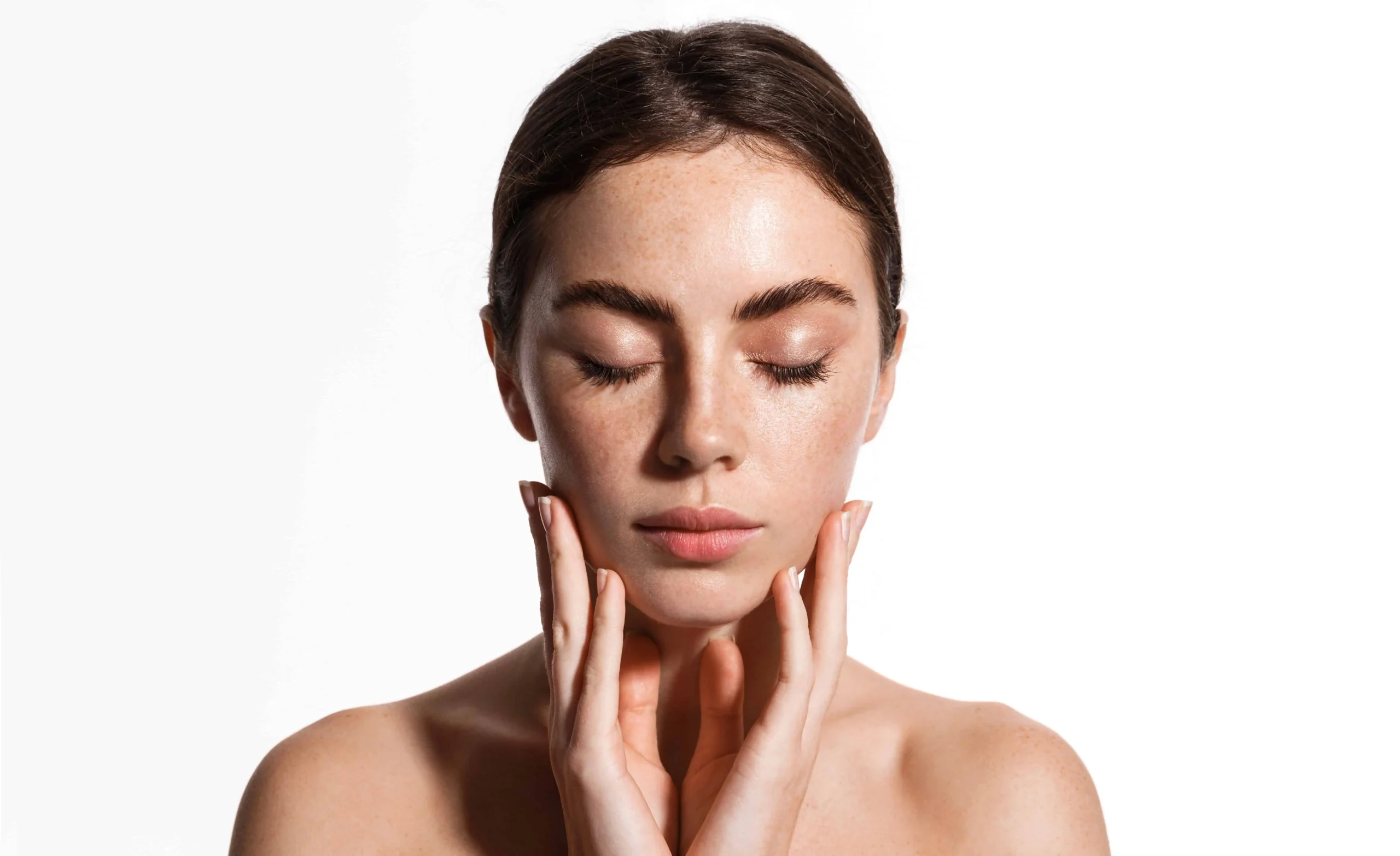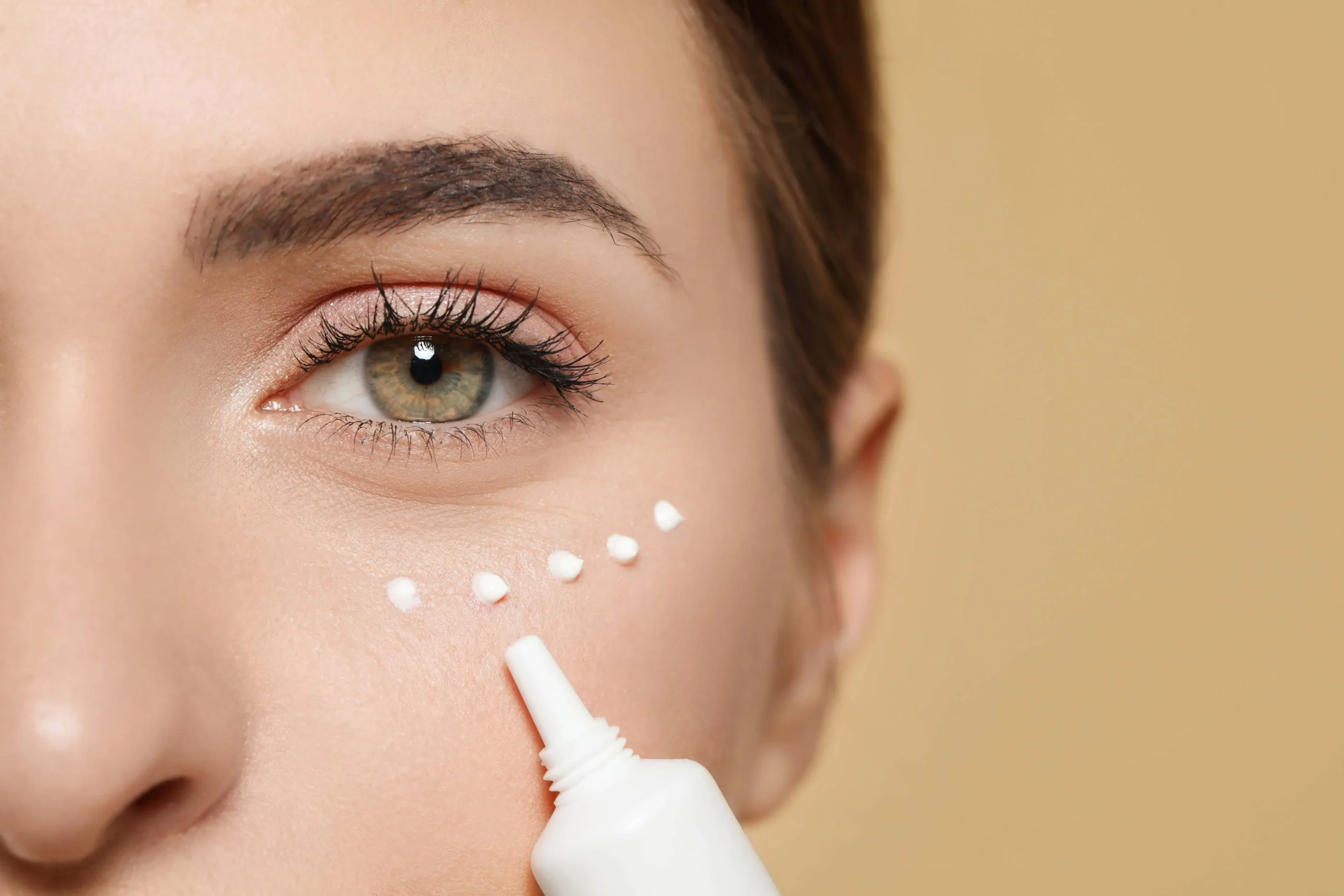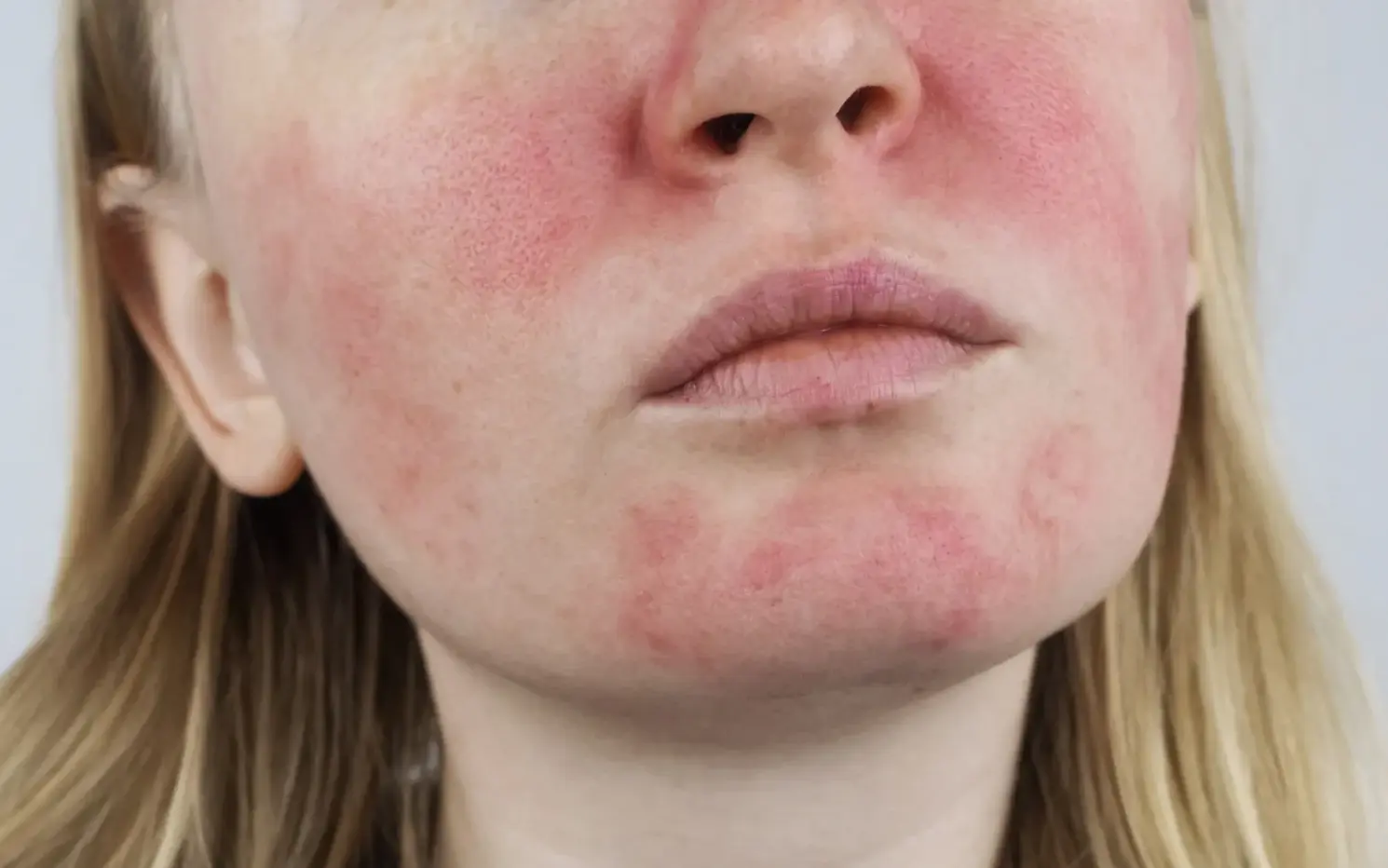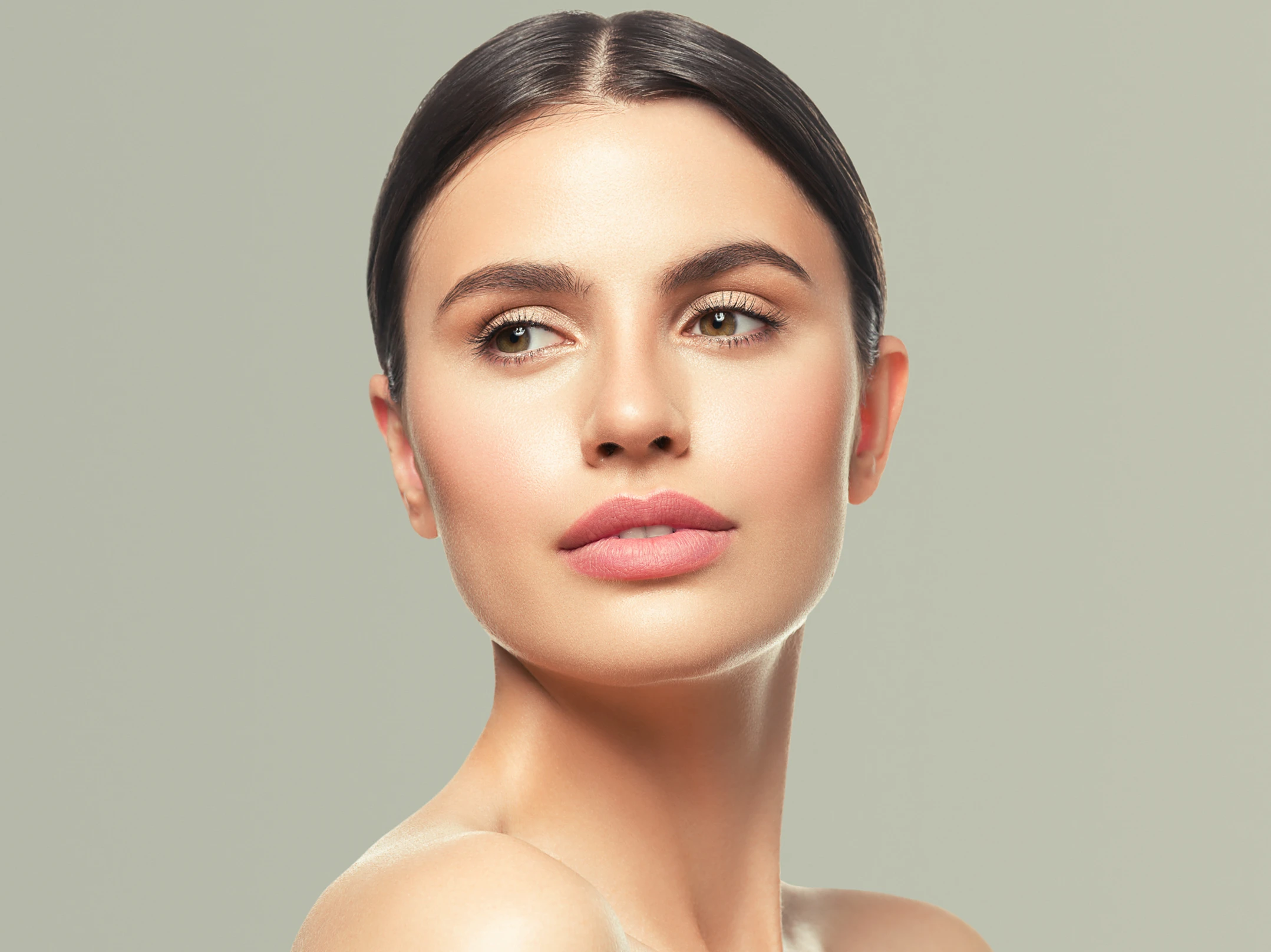When it comes to skincare, there are many misconceptions surrounding alcohol when deciding which alcohols are good for your skin and which aren’t. It can be confusing to know which products will benefit your skin, and this will all depend on the amount of alcohol, the type of alcohol, and your skin type. As you look at the ingredients of your current skincare products, here’s what to look for.
Starting off with the good alcohols:
Acetyl Glucosamine is a derivative of glucose and is involved in the production of hyaluronic acid. This alcohol has gentle exfoliating properties like AHA/BHAs. It can help reduce hyperpigmentation and improve skin hydration.
Cetyl Alcohol Is organic fatty alcohol that helps improve skin texture and protects the skin from both allergens and moisture loss. It can act as an emulsifier, emollient, thickening agent, and surfactant. The emollient properties are used to soften and smooth skin texture while minimizing water loss through the skin. The thickening agent helps improve the texture of the actual skincare products. The surfactant or the “surface-active” agent emulsifies fats, oils, and suspends dirt to allow them to be washed away.
Stearyl Alcohol is also fatty alcohol that acts similarly to cetyl alcohol. They both improve skin texture while protecting the skin from allergens, bacteria, and moisture loss. Both cetyl alcohol and stearyl alcohol are listed by the FDA as non-sensitizing, non-toxic, and safe. Stearyl alcohol is most common in moisturizers, shampoos, masks, exfoliators, and conditioners.
Isohexadecane is non-irritating and non-comedogenic. It can be found in products such as moisturizers, foundations, concealers, makeup removers, and conditioners. This alcohol is not greasy, light, and gives a silky feeling to the skin.
Be aware of alcohols that are bad for your skin:
“Simple Alcohols” are often derivatives of ethyl alcohol such as denatured alcohol, methanol, isopropyl alcohol, SD alcohol, and benzyl alcohol. They are lightweight and can be extremely drying to the skin. It can be tempting to people who have oily skin, but this can be misleading as it only encourages more oil production. Products with this type of alcohol can also make rosacea worse.
There are many different types of alcohol so it is important to remember that short-chain alcohols are typically considered bad and while fatty alcohols (long-chain) are typically good. Fatty alcohols are derived from natural sources while short-chain alcohols are very drying and some are considered denatured alcohol. Recognize that the first 5 items on that ingredient list make up the bulk of the product, and it is important to be aware of the type of alcohol you may be putting on your skin!





